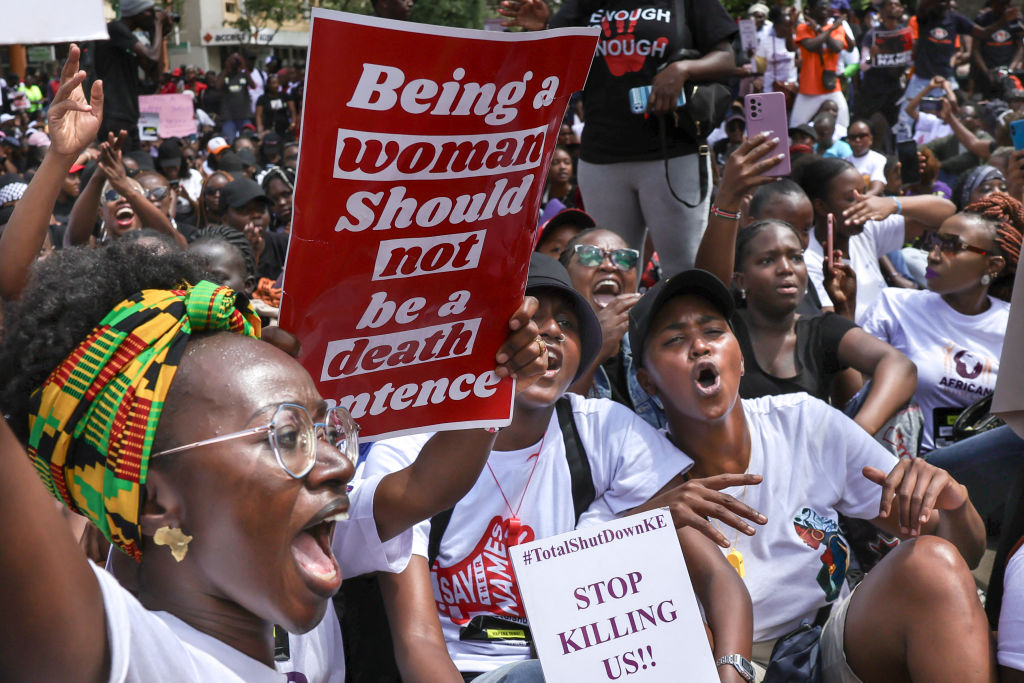Late last month, thousands of demonstrators gathered across Kenya to protest femicides after a spate of high-profile murders of young women. The protest — the largest event of its kind ever held in Kenya — followed two killings that have been dubbed the Airbnb murders because they took place in short-term rental apartments, though the company has denied either victim had rented through its platform.
One victim’s body parts were dumped in a bin and her head later found near a dam outside Nairobi. Another, 26-year-old Instagram influencer Scarlet Wahu, was stabbed multiple times.
The government has responded by stepping up regulation of the short-term rental market, as reported by our Kenyan partner, Nation. In a statement, authorities said they were introducing new requirements for owners of short-term leases and called on businesses to recognize “their legal and moral responsibility in ensuring a safe environment for all individuals regardless of gender”.
Yet most femicides in Kenya do not take place in vacation homes, or at the hands of strangers. Most victims are not Instagram influencers whose deaths are sensationalized in the media. As in every country around the world, the vast majority are killed in their own homes, by partners or other family members — deaths that rarely make the headlines.
The government’s response has sparked anger among organizers of the January 27 protests.
“We need an accountable state that protects women, not a reactive one,” said Njeri Migwi, founder of Usikimye, which runs shelters for survivors of gender-based violence. “It is not about where the crime happened, it is about the perpetrators who have deep-seated misogynistic beliefs that see women as objects to be dominated and controlled. We want accountability and assurances that this will be addressed, not reactionary state measures.”
Research by the Africa Data Hub found that around 80% of femicides in Kenya take place in the home. In most cases, they are preceded by domestic violence — many of the victims identified by the Africa Data Hub had suffered systematic abuse by husbands or partners.
“The cases are not isolated,” said the data platform. “Instead, they reveal recurring patterns, indicating a deeper and more systemic issue.”
Reliable statistics are hard to come by. The Kenyan government does not collate national data on femicides and criminal reports often do not contain enough information to establish whether a murder is a femicide — defined as the intentional killing of women because they are female. Using media reports, Africa Data Hub identified more than 500 cases in Kenya between 2016 and 2023, but said the true number was likely far higher.
Femicide is a global problem, but it is particularly acute in Africa. In 2022, around 48,800 women and girls around the world were killed by a partner or relative, according to U.N Women – the highest yearly number in two decades. Africa recorded the largest absolute number of any continent with an estimated 20,000 victims followed by 18,400 in Asia, 7,900 in the Americas and 2,300 in Europe.
It’s not the first time women – and some men – have taken to the streets to protest Kenya’s femicide epidemic, but their voices are getting louder.
“After each murder, officials claim that justice is being served, but the violence escalates,” said Femicide Count Kenya, the organization that led the recent demonstrations. “For this to stop, public attitudes must change.”



